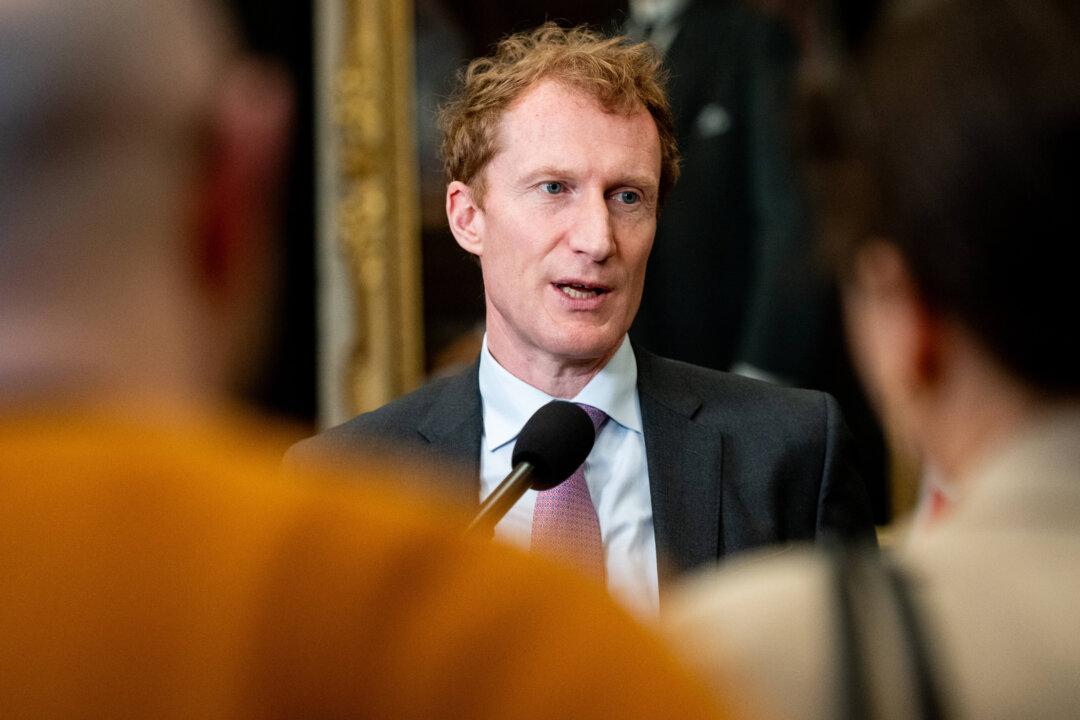Immigration Minister Marc Miller says the era of an “unlimited supply” of cheap foreign labour has come to an end, and employers might need to increase wages to recruit more Canadian workers.
Addressing the often “disproportionate relationship” between businesses and their employees is key when it comes to low-cost temporary foreign workers, Miller said during a Nov. 13 press conference following his speech at the Greater Vancouver Board of Trade.





